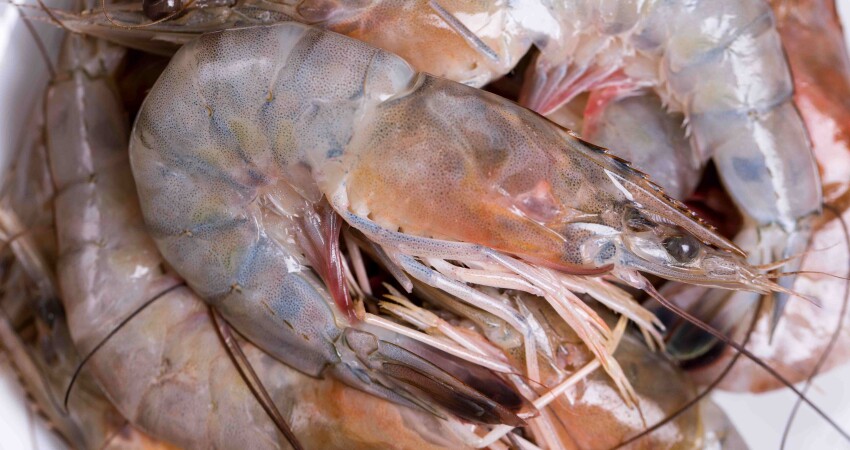Louisiana lawmakers passed changes for imported seafood sold in state restaurants and beyond. The bill was introduced last Wednesday to strengthen laws against misleading seafood labeling and marketing to protect the struggling domestic seafood industry. The bill explicitly impacts public health codes that will affect thousands of food trucks, grocery stores, restaurants, other businesses, state agencies, and schools throughout the state.
Senator Patrick Connick sponsored Senate Bill 166 (SB166), which has overwhelmingly bipartisan support, according to the Louisiana Illuminator. SB166 includes a variety of changes to strengthen the state’s seafood labeling laws with new prohibitions against misleading marketing and new requirements for restaurants and other eateries that serve shrimp and crawfish. The new laws will bring more significant fines for violations and assign the Louisiana Department of Health and the state Department of Agriculture and Forestry with new enforcement powers.
Louisiana markets have been flooded with cheap imported seafood, mostly shrimp and crawfish. According to the Louisiana Shrimp Association, most restaurants choose to serve foreign seafood to customers who believe they’re getting locally caught fish. These effects are putting the local seafood industries at risk and introducing contaminants that locally caught U.S. seafood does not contain.
A 2020 LSU Agricultural Center study tested a variety of imported shrimp purchases from multiple locations in the Baton Rouge area. It detected banned veterinary drugs in more than two-thirds of the samples. The researchers noted that prohibited chemicals can severely affect humans.
Senator Connick wrote his bill based on recommendations from the Legislature’s Seafood Safety Task Force, which has been studying ways to regulate imported seafood without drawing too much opposition from restaurants. The bill highlights a requirement from 2019 that all establishments and restaurants must indicate on their menus or a sign if they serve imported shrimp or crawfish. It’s been noted that many restaurants have not complied with it “whether knowingly or unknowingly.”
The new law explicitly notes that all food establishments must “clearly display the country of origin in a manner that is easily visible to the consumer.” Establishment owners that still choose to serve foreign catch must include a disclaimer stating, “Some items served at this establishment may contain important seafood. Ask for more information.” The state health department will be responsible for enforcing the menu law and can issue fines even if a restaurant has never been previously cited.
Another part of the bill applies to seafood wholesale or retail food establishments. It will prohibit the use of any misleading packaging or marketing that uses state-related images, phrases, colors, or styles for any foreign seafood products that have not been caught or produced in Louisiana. The state commissioner of agriculture will be responsible for enforcing the new packaging and marketing statute.
Support of the bill has been shown from local commercial fishermen as well as fishing groups. Acy Cooper, president of the Louisiana Shrimp Association, told the Illuminator, “They’ve been selling their shrimp on the back of our culture.”
Finally, the bill will require all local school districts, state agencies, and institutions serving seafood to use only domestic shrimp and crawfish. The changes will take place on Jan. 1, 2025. Lawmakers are also considering separate legislation that would increase licensing fees for seafood importers.







